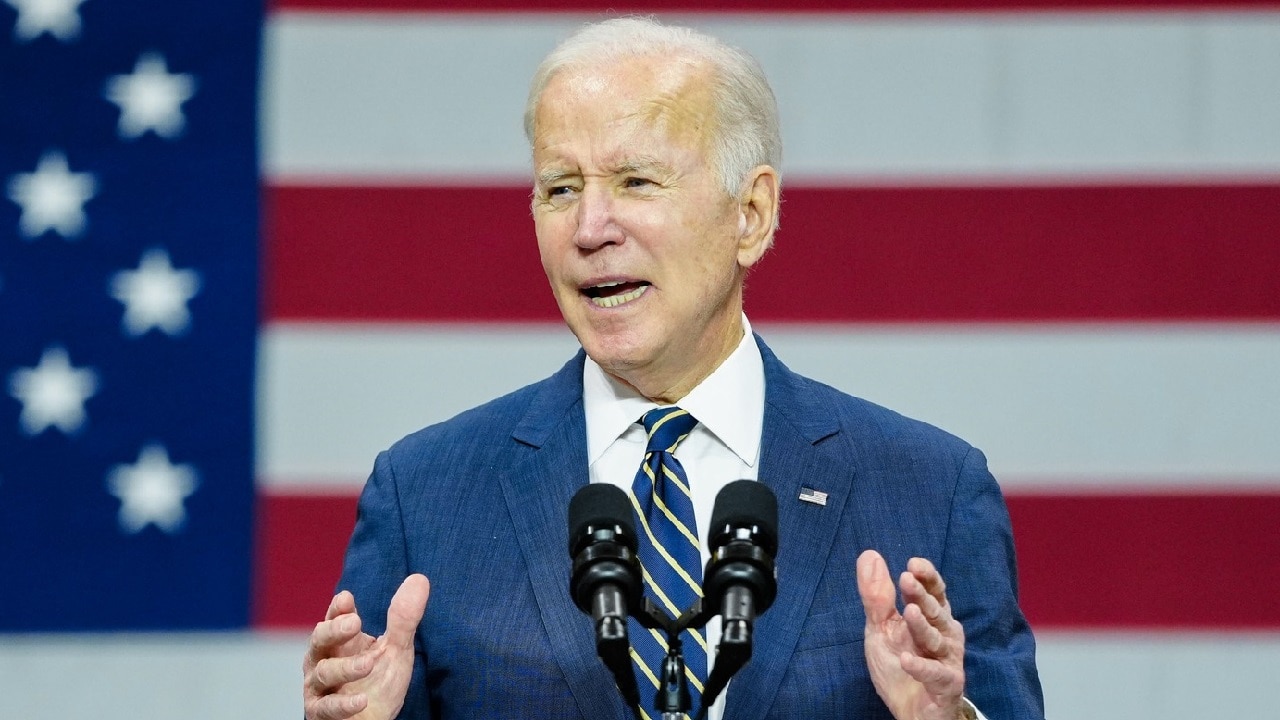Russian President Vladimir Putin miscalculated when just over 500 days ago, he ordered Russian forces into Ukraine. He overestimated Russia’s ability to decapitate the Ukrainian government and take Kyiv within a matter of days and underestimated American resolve to back Ukraine. President Joe Biden and his top aides may have waivered, but Congress shrugged off its inertia and put Ukraine aid on the fast track.
Putin is not alone in failing to predict the U.S. government’s attitudes and actions. Turkish President Recep Tayyip Erdogan constantly gets Washington wrong. He was genuinely surprised when his S-400 purchase led to Turkey’s expulsion from the F-35 Joint Strike Fighter program. His frustration grew as successive administration, both Democratic and Republican, failed to decouple themselves from support for Syrian Kurds whom Erdogan insists are anti-Turkey terrorists.
It is not a matter of men or money. Russia and Turkey maintain some of the largest embassies in Washington by number of employees.
So too does the fact that both have cultivated senior American officials who can whisper into the president’s ear. Gen. Michael Flynn, who would soon rise to be President Donald Trump’s national security advisor, sat next to Putin at a 2015 gala dinner in Moscow for which he also collected a $45,000 honorarium. The American-Turkish Council, meanwhile, made Gen. James Jones, President Barack Obama’s national security advisor, its chairman.
Both Russia and Turkey also spend lavishly, though Russia’s ability to do so since the Ukraine war have diminished considerably. In 2019, for example, Russia spent more than $43 million to promote its image and make its case. Turkey officially spent only one-tenth that, though it also famously and repeatedly skirts in opinion provisions of the U.S. Foreign Agent Registration Act, a reality that has embarrassed if not led to legal hot water for many pro-Turkish think tanks. That Russian and Turkish money have not immunized either country to the consequences of their actions reflects that money does not always buy influence. Sometimes, principles win out. Armenia, Cyprus, and Greece spend a fraction of what Turkey does but today are far more influential.
When Putin and Erdogan reflect why they constantly fail to win over Washington, even when they successfully cultivate the president, they should understand mirror imaging. Perhaps the best observer of this was Anatoly Dobrynin, the Soviet Union’s long-serving ambassador to the United States. Dobrynin arrived in Washington in 1962 as the Cuban Missile Crisis loomed. He remained in his post continuously for nearly a quarter century, serving as the Soviet Union’s chief interlocutor with six U.S. administrations. Even though he represented the “Evil Empire” and weathered the worst of the Cold War, he remained widely respected in Washington for his diplomatic skill and discretion. Not only did he know every U.S. president from Kennedy to Reagan, but he also had equal access to Soviet leaders. He owed his diplomatic career to Joseph Stalin and knew Nikita Khrushchev, Leonid Brezhnev, Yuri Andropov, Konstantin Chernenko, and Mikhail Gorbachev personally. Soon after, the Cold War ended and the Soviet Union collapsed. Dobrynin used his retirement as an opportunity to reflect. In the resulting book In Confidence, he asked why so many Soviet leaders so badly misunderstood the United States and its political behavior.
Dobrynin’s observations are still relevant today. “The Soviet leadership…underestimated the role played by the U.S. Congress in American foreign policy,” he explained. “This first of all grew out of their own disrespect for our own parliament, the Supreme Soviet of People’s Deputies, which obediently endorsed all decisions made by the party leadership. Accordingly, it was believed in Moscow that an agreement with the American president was of primary and indeed crucial importance, and Congress’s sentiments were not to be taken much into account. As a result, the Congress sprang some surprises, and these turned out to be hard blows to Soviet-American relations.”
Here both Putin and Erdogan might reflect. Both might whisper sweet nothings into a president’s ear and even, in Erdogan’s case, get Trump to agree to cut the Syrian Kurds loose, and both might try to browbeat President Joe Biden and his top aides. While Putin and Erdogan treat their own parliaments as rubber stamps, Congress is not. President Obama famously justified his embrace of executive orders with the complaint that Congress would not play ball. What Obama missed, however, is it was never Congress’s job as a co-equal branch of government to simply acquiesce to the White House agenda.
Washington dysfunction frustrates Americans but pity the Russians and Turks who have no conception of how democracies work. Russian and Turkish diplomats may argue moral and cultural equivalence, but the proof is in the pudding. While some pundits might blame previous American administrations for provoking Moscow and Ankara, such apologetics are nonsense. Putin and Erdogan’s consistent failure in Washington is not the result of any fault on Washington’s part, but rather a reflection of their own megalomania and autocracy.
Now a 19FortyFive Contributing Editor, Dr. Michael Rubin is a Senior Fellow at the American Enterprise Institute (AEI). Dr. Rubin is the author, coauthor, and coeditor of several books exploring diplomacy, Iranian history, Arab culture, Kurdish studies, and Shi’ite politics, including “Seven Pillars: What Really Causes Instability in the Middle East?” (AEI Press, 2019); “Kurdistan Rising” (AEI Press, 2016); “Dancing with the Devil: The Perils of Engaging Rogue Regimes” (Encounter Books, 2014); and “Eternal Iran: Continuity and Chaos” (Palgrave, 2005).

